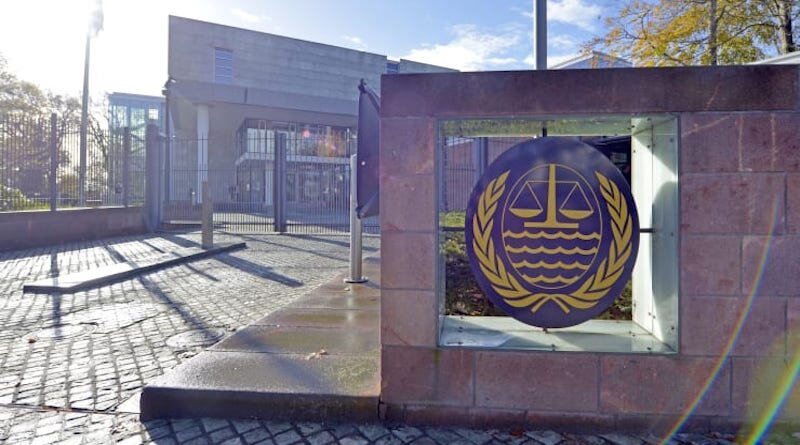Chinese diplomat elected judge at International Tribunal for Law of Sea

DHARAMSALA, 27 Aug: A Chinese diplomat has been elected as a judge at the International Tribunal for the Law of the Sea (ITLOS), an independent judicial body established by the United Nations Convention to hear and settle maritime disputes.
Duan Jielong, China’s ambassador to Hungary, was among six judges elected at Monday’s 30th meeting of the States Parties to the United Nations Convention on the Law of the Sea (UNCLOS) at the UN headquarters in New York, the SCMP reported.
The tribunal, established under UNCLOS in 1982 is an intergovernmental organisation based in Hamburg, Germany, to settle international maritime disputes. At the 30th meeting, member states elected to replace 7 judges, a third of its total strength.
Though the US is not a UNCLOS signatory, it raised expressed strong objection to the Chinese candidate before the election calling out china’s total disregard for the international law in the South China Sea.
The US assistant secretary of state for East Asian and Pacific affairs David Stilwell has likened the election of the Chinese official as “hiring an arsonist to help run the fire department.”
However, Duan received 149 votes from the 168 States Parties to the UN Convention on the Law of the Sea and became the fourth Chinese official to serve as a member of the ITLOS. His nine-year term starts on 1 October.
The development came at a time when China faces rising tensions with its neighbours over the South China Sea. China claims most of the South China Sea, through which more than $5 trillion in global trade passes every year. Vietnam, Malaysia, Brunei, the Philippines, Indonesia and Taiwan have rival claims. Beijing is also engaged with Japan in the East China sea.
For the uninitiated, China rejected a 2016 ruling by the permanent court of arbitration in the Hague that found Beijing’s claims of nearly 90% of the South China Sea as baseless according to UNCLOS principles.






